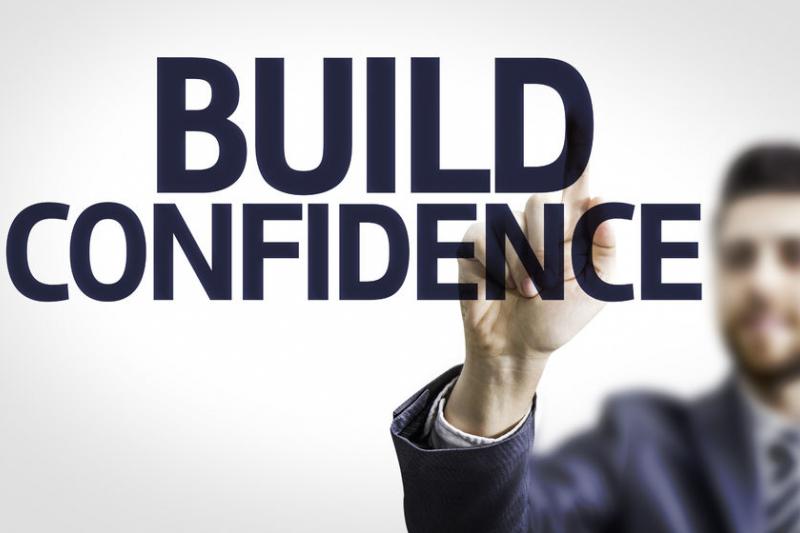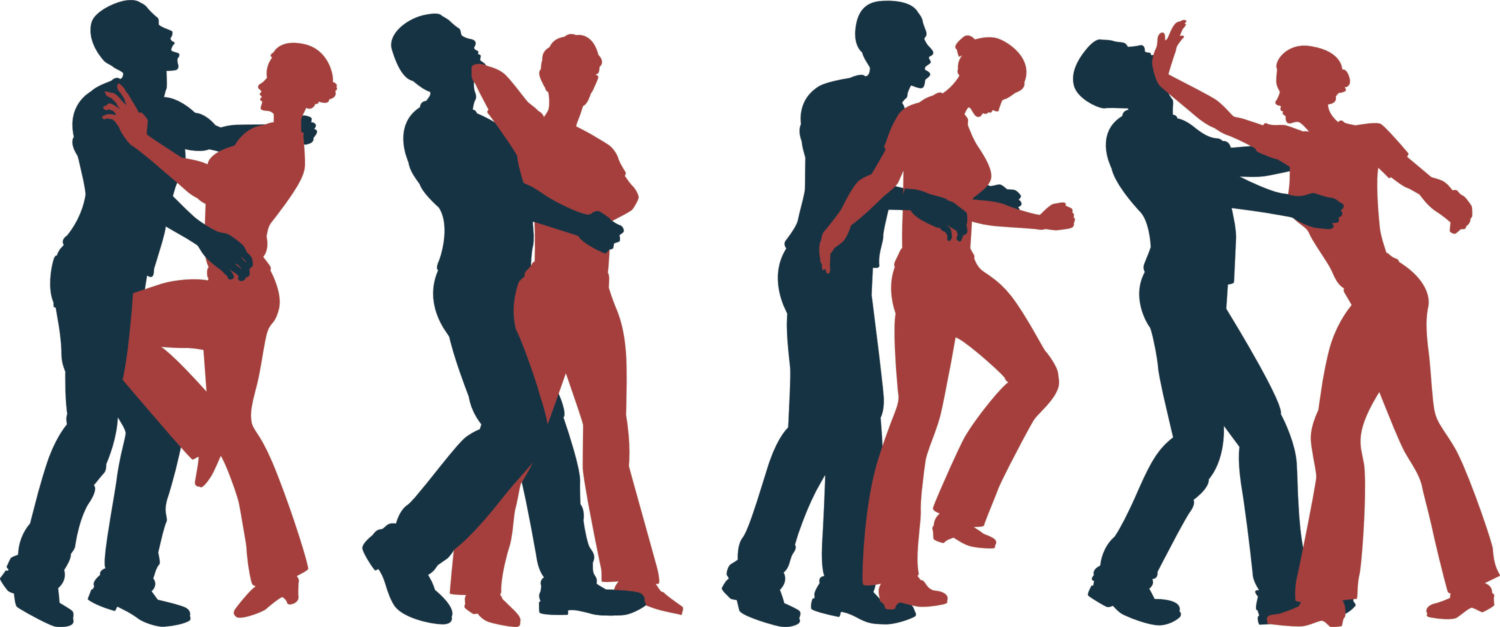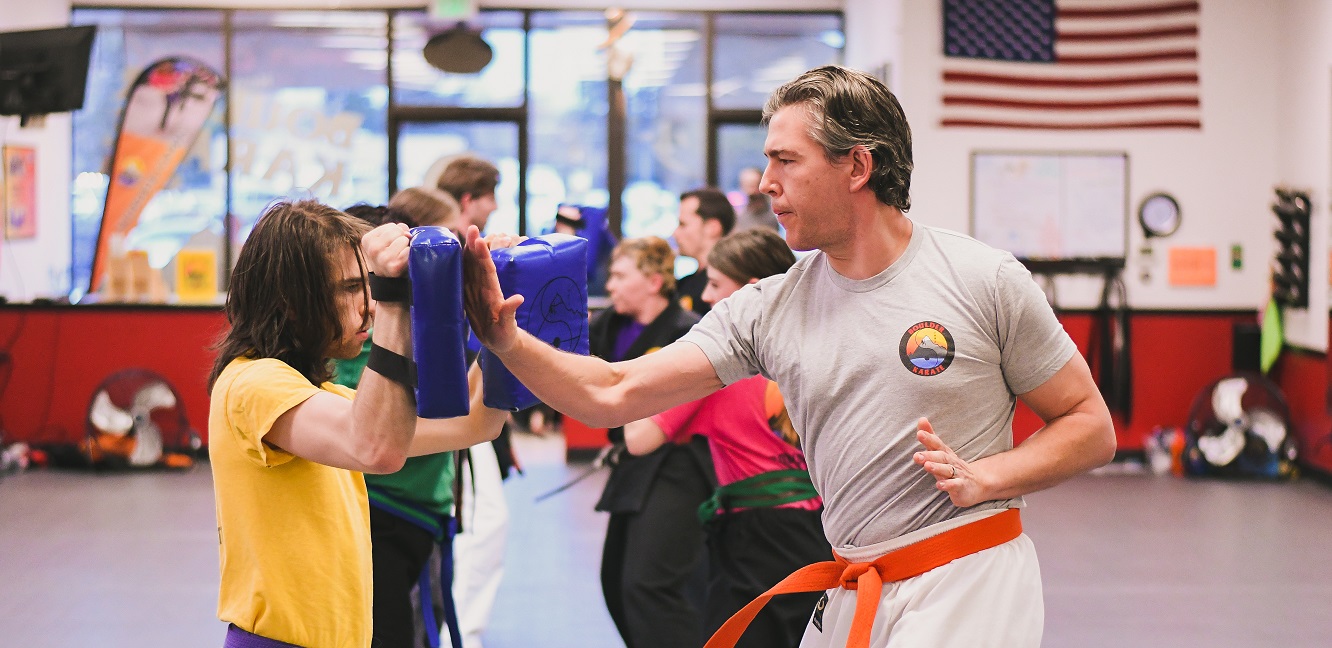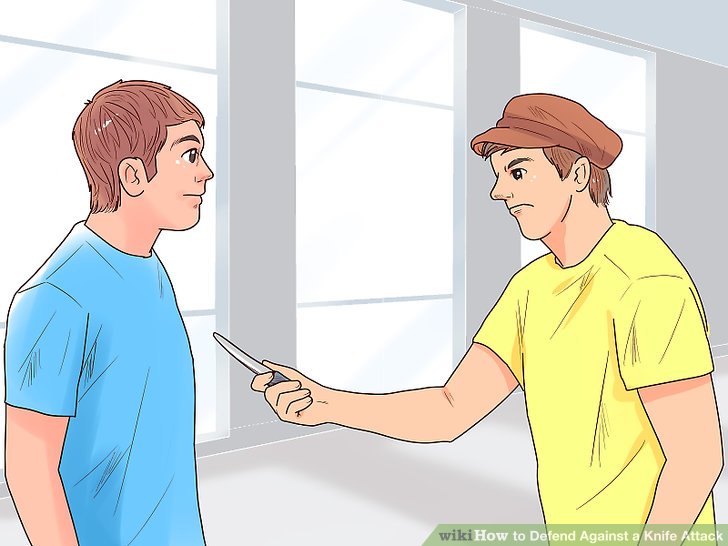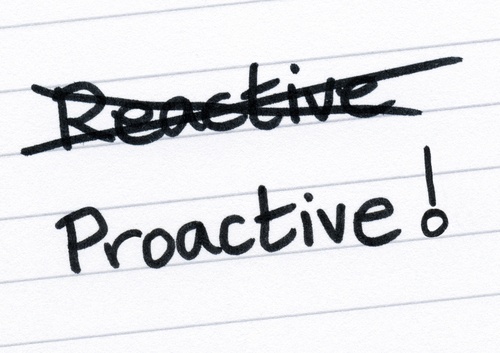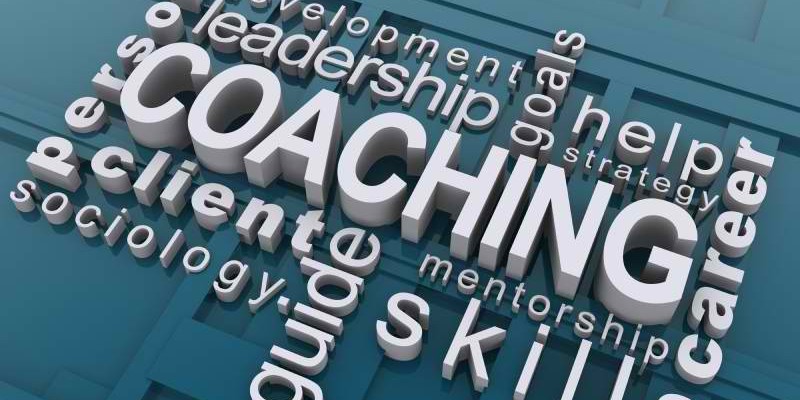Wouldn’t it be grand if we could just wake up in the morning, brush our teeth and put on our confidence for the day?
Well, for those of us who don’t have a drawer full, here are 4 simple strategies that will help you build confidence.
- Accentuate the positive.
Accentuate the effort it took in doing something, rather than the final outcome. The key is to accept that you have them without dwelling on them.
Be your own best friend. What do you tell a friend who’s tried something new, whether or not it turned out well? At least you tried something new- good for you!
- Don’t be afraid to take some risks.
When you are about to embark on a new experience, do you spend your time worrying so much about the outcome you aren’t enjoying the moment? It opens up the possibility of you becoming good at that something if you look at new things in your life as a chance to learn something.
If you spend your time dreading the outcome, you’ll turn any opportunity there might have been into a failure. If you do, look at number one, again!
- Use self-talk to keep assumptions away.
Build confidence by not expecting perfection from yourself at all times. You can only do your very best at something. Nobody can do everything perfectly, so why do you assume that you should be able to?
We all use self-talk. The key is to use it in a way that we don’t form bad thoughts that can lead to permanent doubts. Catch yourself using negative self-talk and cancel it with something positive and not based on assumptions!
- Learn to rely on your self-evaluation.
Focus on the real you, inside, to find out how you feel about your own actions, how you’ve been doing your job, etc. You’ll be developing a strong sense of who you are.
It’s important to remember that no one can be self-confident all of the time. You’ll build confidence faster and easier once you’re realize that.
Because of unrealistic expectations, most people with low self-esteem or who lack in confidence are that way. They expect more from themselves than they do others.
You’ll always be wondering what they think if you always rely on the opinion of others! That does nothing to build confidence – it tears it down, by giving away your personal power to others.
What do you tell a friend who’s tried something new, whether or not it turned out well? At least you tried something new- good for you!
A person with low self-esteem will think nothing about calling him or herself a ‘stupid idiot.’ They wouldn’t dream of saying that to someone else. To build confidence, it’s a good idea to be your own best friend.
Catch yourself using negative self-talk and cancel it with something positive and not based on assumptions!
Build confidence by not expecting perfection from yourself at all times. To build confidence, it’s a good idea to be your own best friend.
